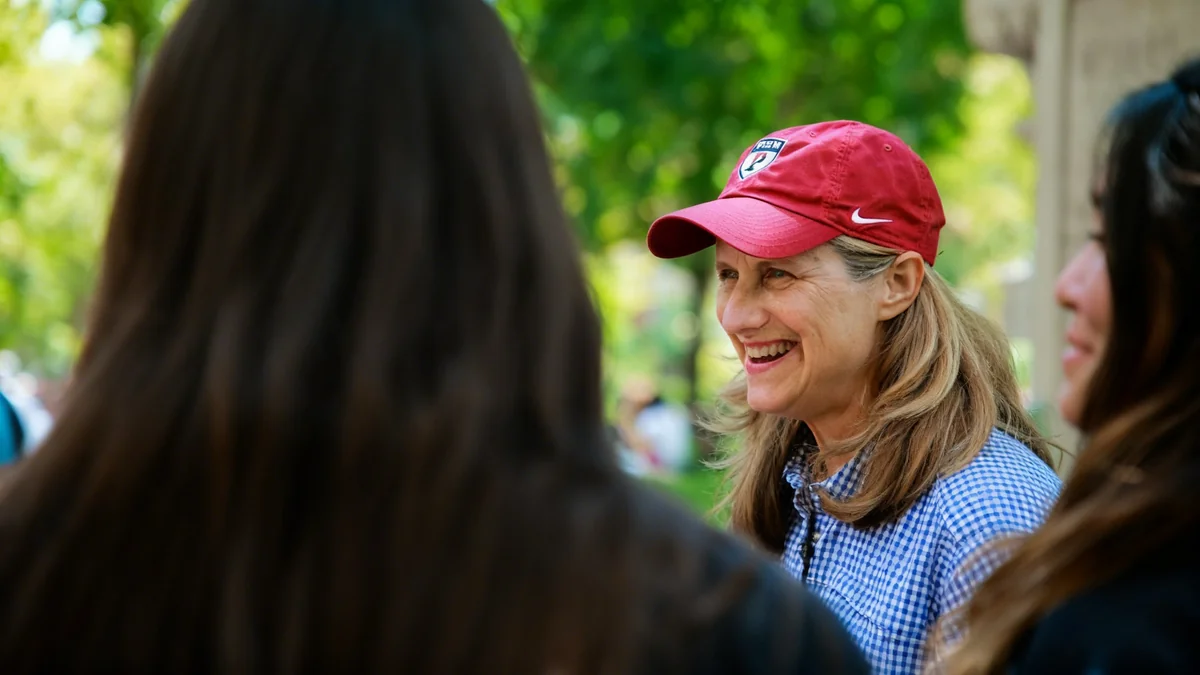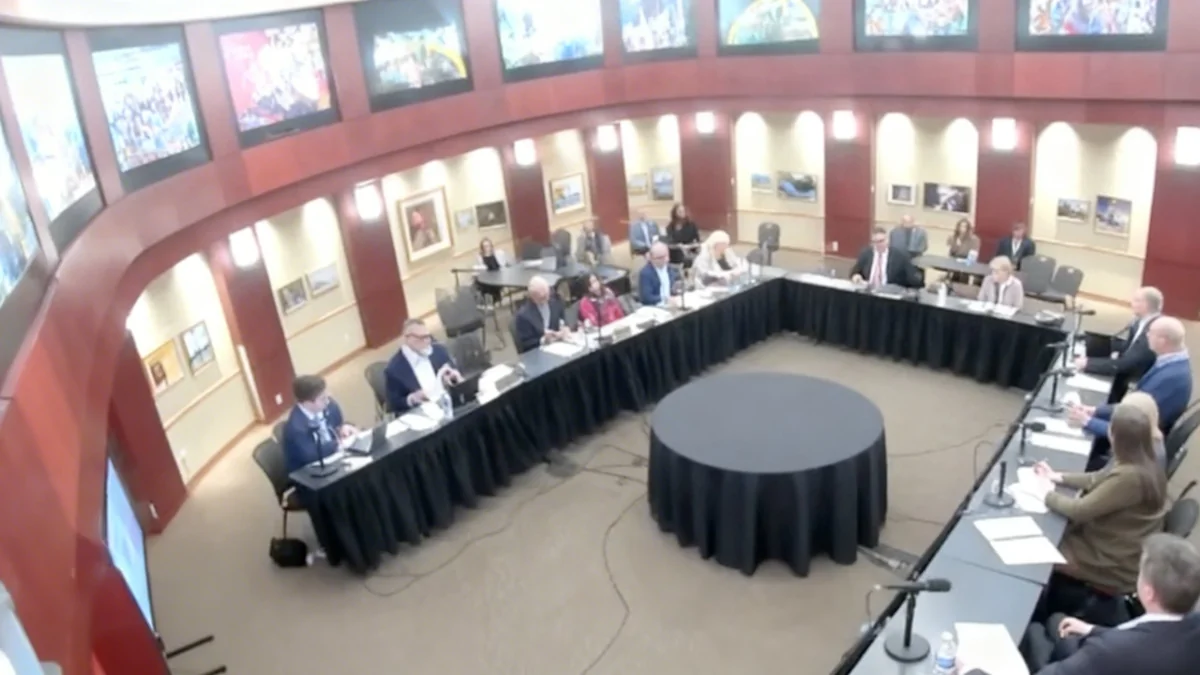The California Supreme Court has declined to review a lower-court ruling that found the University of California's policy preventing students without legal status from working on campus is discriminatory. This decision effectively forces the university system to reconsider its long-standing hiring ban.
The move concludes a significant legal challenge initiated in 2024 and places pressure on UC officials, who must now navigate the implications of the appellate court's findings while weighing potential conflicts with federal law.
Key Takeaways
- California's Supreme Court let a lower-court ruling stand, refusing to hear the University of California's appeal.
- An appellate court previously determined that UC's ban on hiring students without legal status was a "discriminatory policy."
- The university system must now reconsider its hiring protocol based on proper legal standards.
- UC officials express concern over "serious legal risks" and potential loss of federal funding.
The Supreme Court's Inaction Carries Weight
Last week, the highest court in California chose not to take up the case, a decision that, while not a ruling on the merits, upholds the conclusion of the First District Court of Appeals. The August decision from the appellate court did not overturn the hiring ban outright but mandated that the university re-examine it.
The judges in that case concluded that the University of California had failed to provide adequate evidence to justify its policy. The legal challenge argued that the university's hiring restrictions violated state law.
By refusing to hear the appeal, the Supreme Court sends the matter back to the university, compelling it to address the appellate court's directive to reconsider the policy under a different legal framework.
University Cites Federal Risks
In response to the court's decision, the University of California system finds itself in a challenging position. Officials have voiced concerns about the potential consequences of changing the policy.
"The court’s decision not to review the case creates serious legal risks for the University and all other state employers in California," said Rachel Zaentz, a UC spokesperson, in a statement.
The university's primary argument has been that hiring students without legal immigration status could expose it to civil or even criminal liability under federal law. Furthermore, UC officials worry that such a move could jeopardize the billions of dollars in federal contracts and research funding the system receives annually.
Navigating Federal Tensions
The university's concerns are not without precedent. During the Trump administration, the UC system faced suspensions of federal research grants and a demand for a $1 billion fine related to separate allegations, highlighting the tense relationship between the state's public university system and federal authorities.
According to the university, it is currently "assessing its options" following the Supreme Court's decision not to intervene.
A 'Life-Changing' Opportunity for Students
Advocates for the students see the court's decision as a major victory and an opportunity for meaningful change. They argue that the inability to work on campus places an immense financial burden on students without legal status.
Iliana Perez, a former UC lecturer and a plaintiff in the case, urged the university to embrace the ruling. "The California Supreme Court’s decision not only reaffirms that discriminating against undocumented immigrants from accessing on-campus employment cannot continue to be tolerated," she stated, "but it also gives UC the clarity to finally unlock life-changing opportunities."
The Financial Gap
While students without legal status in California are eligible for state-level financial aid and tuition waivers, they are explicitly barred from accessing federal assistance programs, including federal grants and student loans. This often leaves a significant financial gap that can only be filled through employment.
Without access to formal on-campus jobs, many of these students are forced to seek work in the informal economy. Advocates say this can lead them to accept jobs with unsafe working conditions or exploitative pay to cover essential costs like housing and food.
What Comes Next for UC
The University of California's Board of Regents must now decide its next course of action. The appellate court's order to reconsider the policy remains in effect, and the university must demonstrate how it will comply.
The decision could have wide-ranging implications, potentially setting a precedent for other public employers throughout the state. Student advocates and legal experts will be closely watching how the university administration proceeds.
For thousands of students, the outcome of this reconsideration could determine their ability to afford their education and contribute to the campus community and the state's workforce without facing undue hardship.





